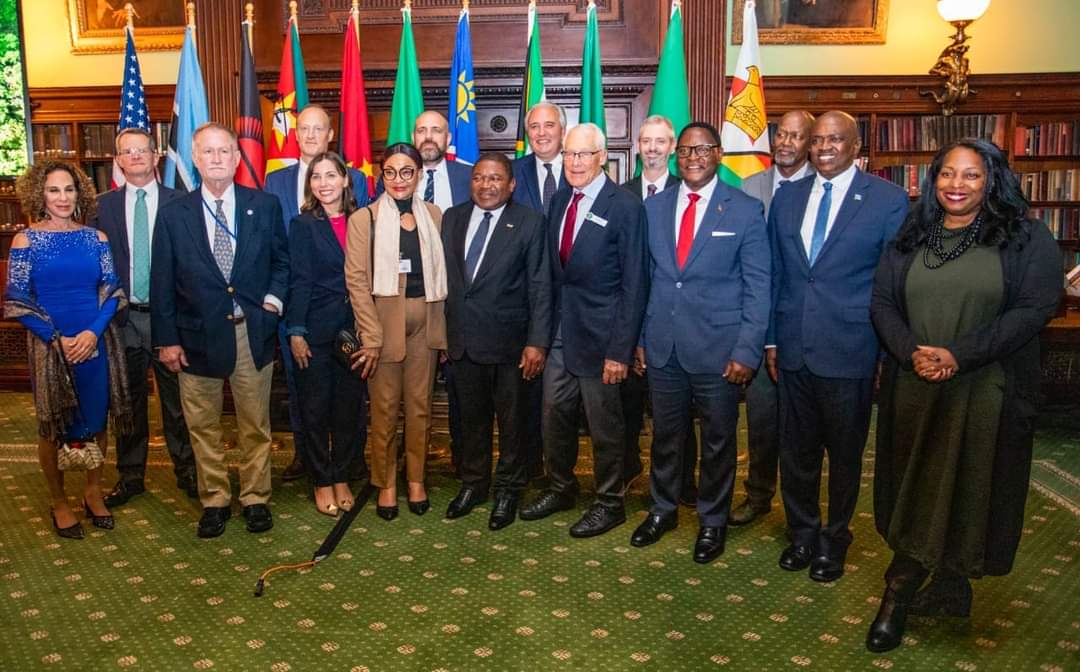By Burnett Munthali
The High Court of Malawi, sitting as a Constitutional Court, has declared Section 200 of the Penal Code unconstitutional.
This section, which criminalised defamation, was struck down in a landmark ruling delivered on Wednesday.
The decision has ignited widespread calls for a comprehensive review of laws that limit free speech in Malawi.
Among the laws now under scrutiny is the Electronic Transactions and Cyber Security Act (ETCSA) of 2016, which critics argue similarly restricts freedom of expression.
The case was brought forward by businessperson and social media influencer Joshua Chisa Mbele.
Mr. Mbele challenged the Director of Public Prosecutions and the Attorney General in court, arguing against the constitutionality of Section 200.
Through his legal representatives, Wesley Mwafulirwa and Gilbert Khonyongwa, Mbele contended that the defamation provision violated his right to freedom of expression.
He cited Section 35 of Malawi’s Constitution, which protects freedom of speech as a fundamental human right.
Furthermore, Mbele argued that the criminalisation of defamation under Section 200 mocked Malawi’s commitments to regional and international human rights laws.
The High Court concurred with Mbele’s arguments, ruling that the section was incompatible with constitutional protections.
This judgment marks a significant victory for advocates of free expression and digital rights in Malawi.
It sets a legal precedent that may influence the reform of other restrictive statutes limiting open discourse and online freedom.
Civil society organizations and legal experts have welcomed the ruling, calling it a positive step toward upholding democratic values in Malawi.
However, the decision also prompts urgent discussions on the balance between protecting individual reputations and safeguarding freedom of speech.
Stakeholders urge the government to expedite the review of the ETCSA and other related laws to ensure they align with constitutional guarantees.
The ruling resonates beyond Malawi, reflecting a broader trend across Africa toward decriminalising defamation and protecting digital rights.
As Malawi moves forward, this court decision underscores the importance of respecting free expression in fostering an open and accountable society.




